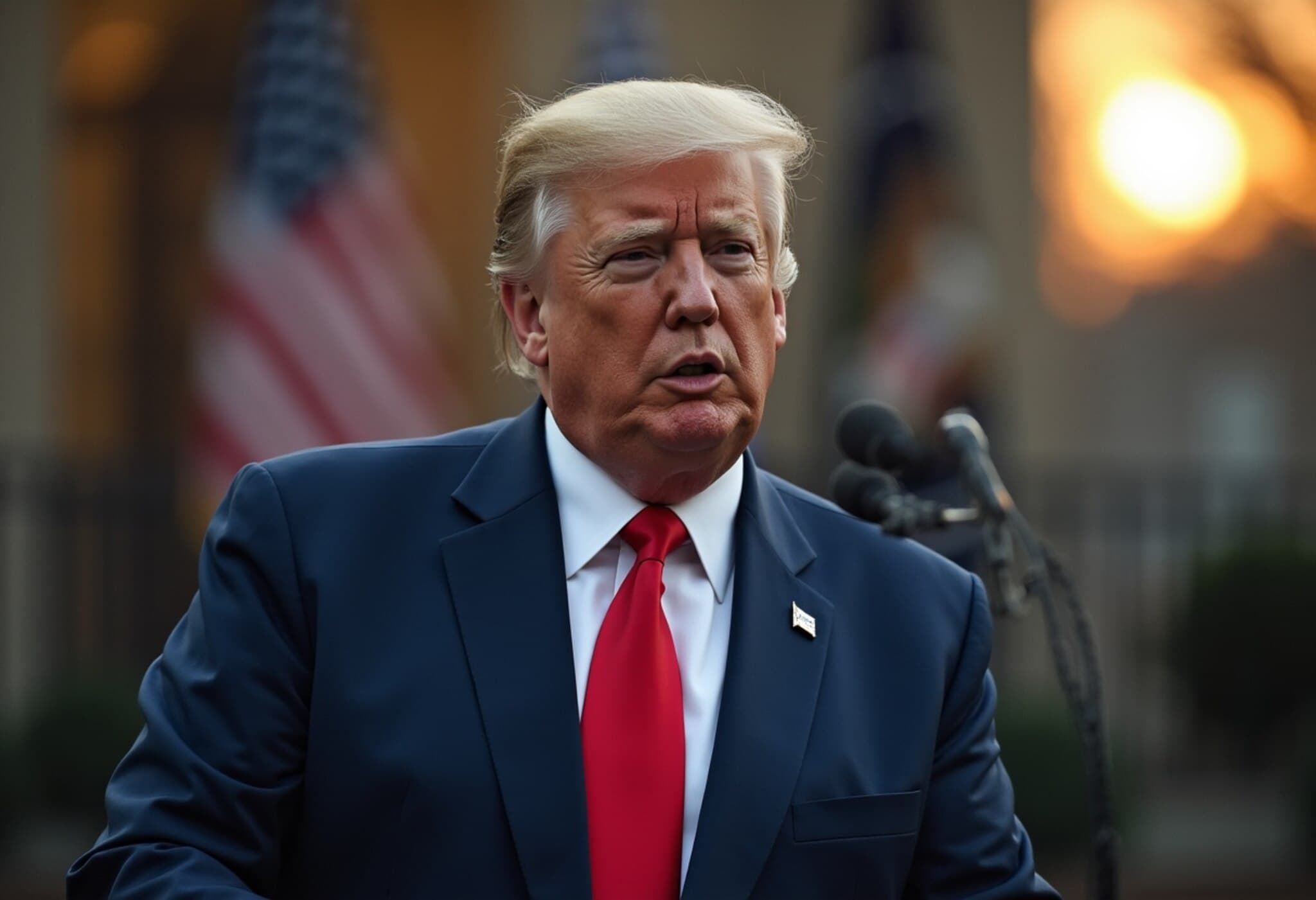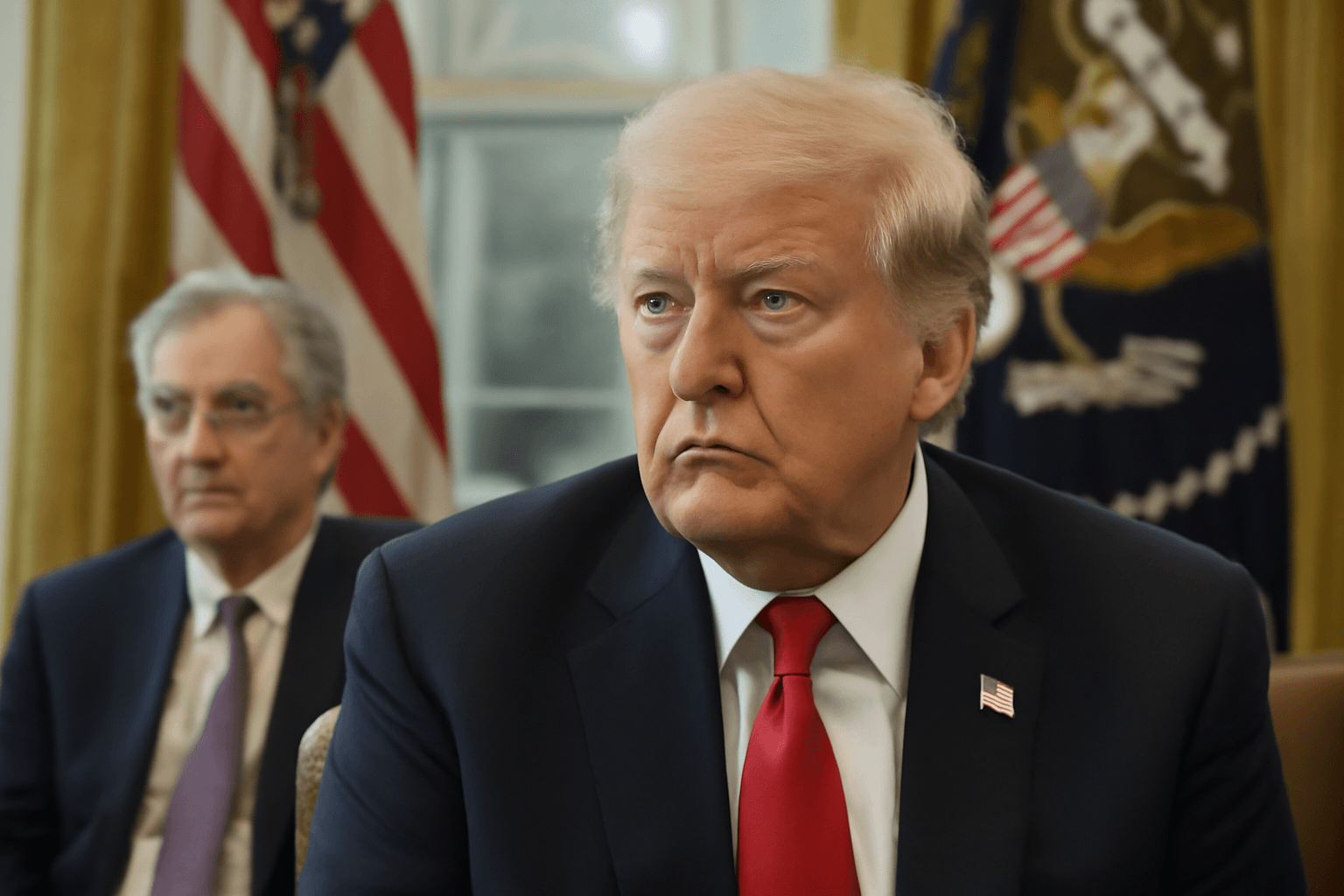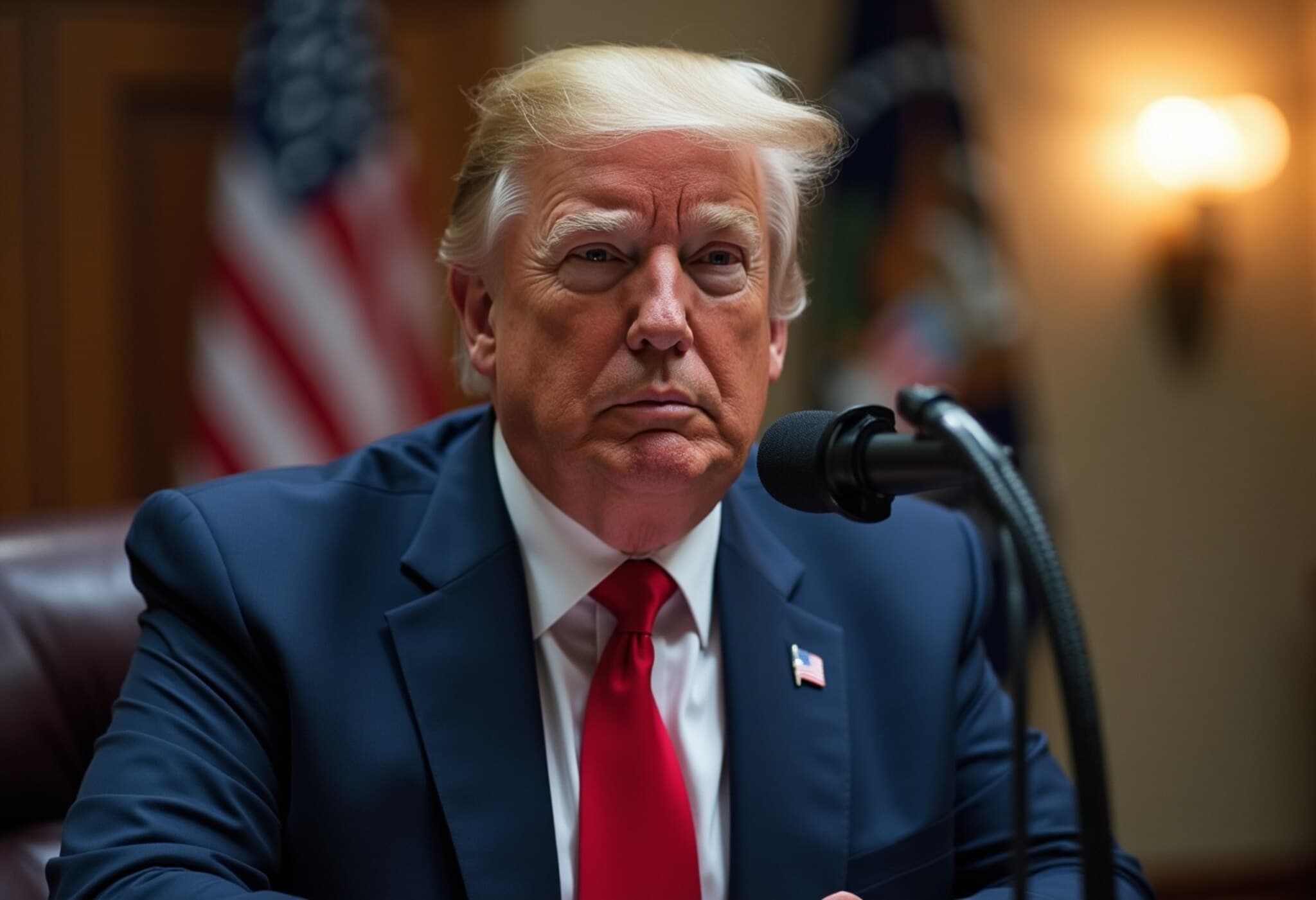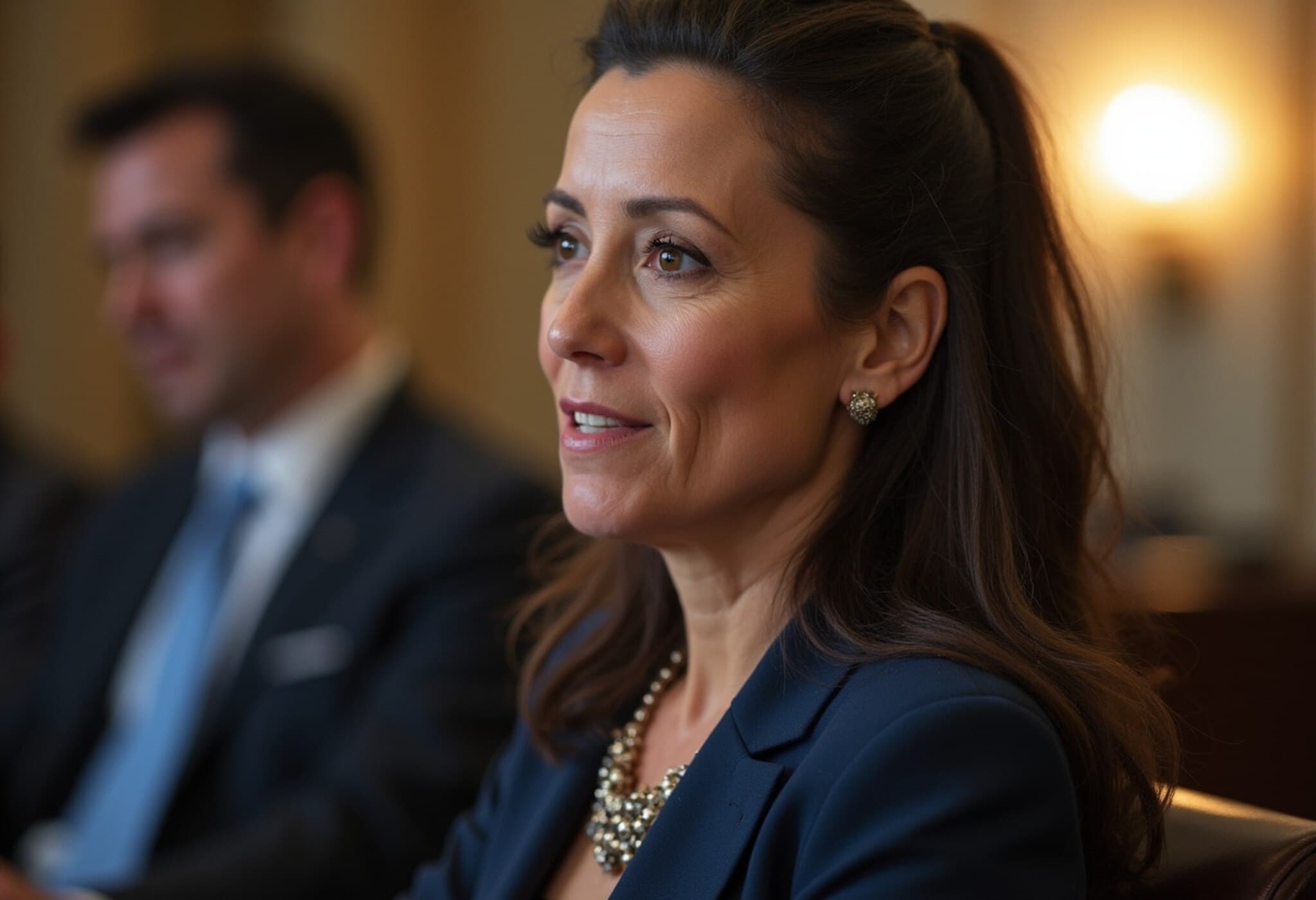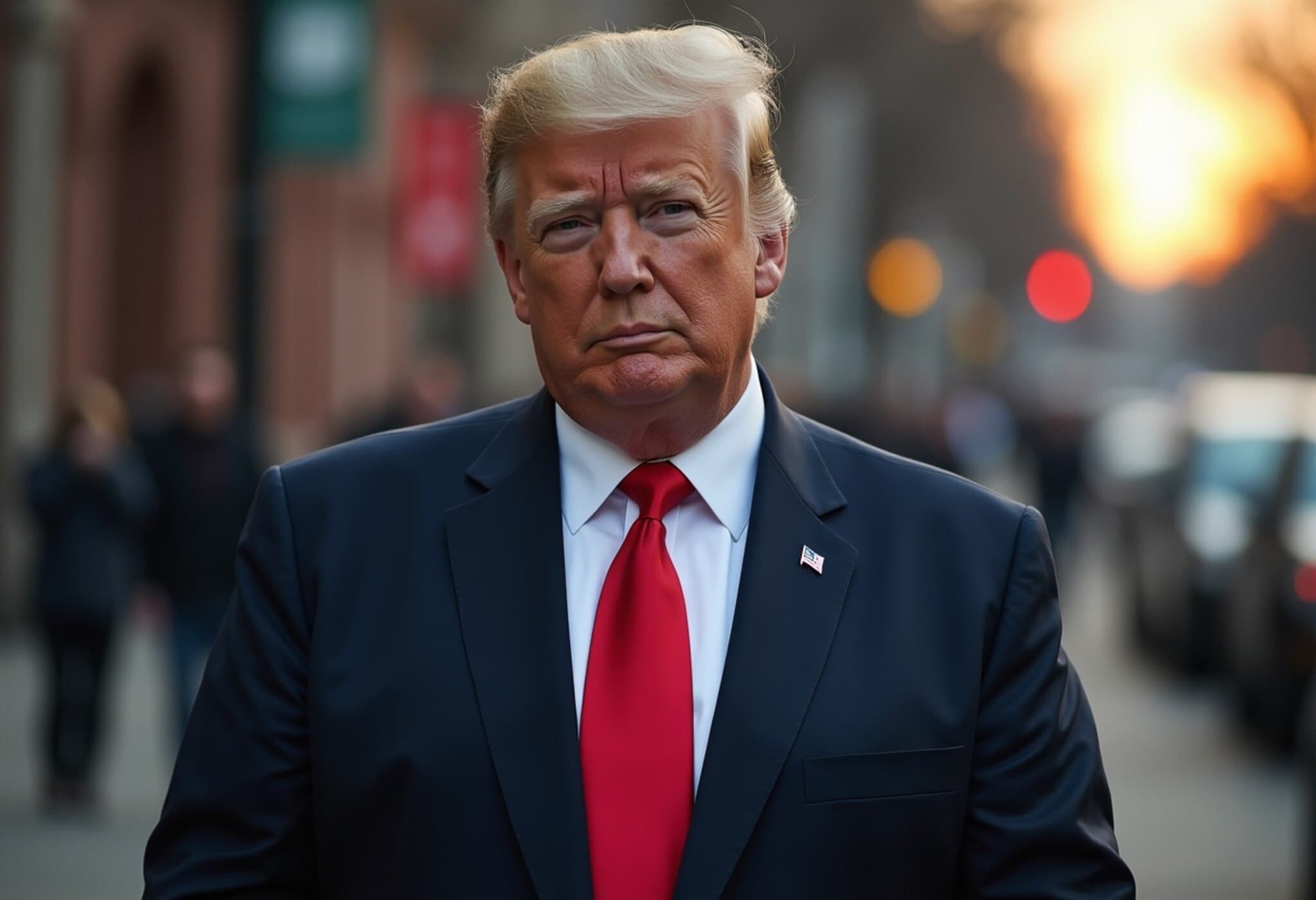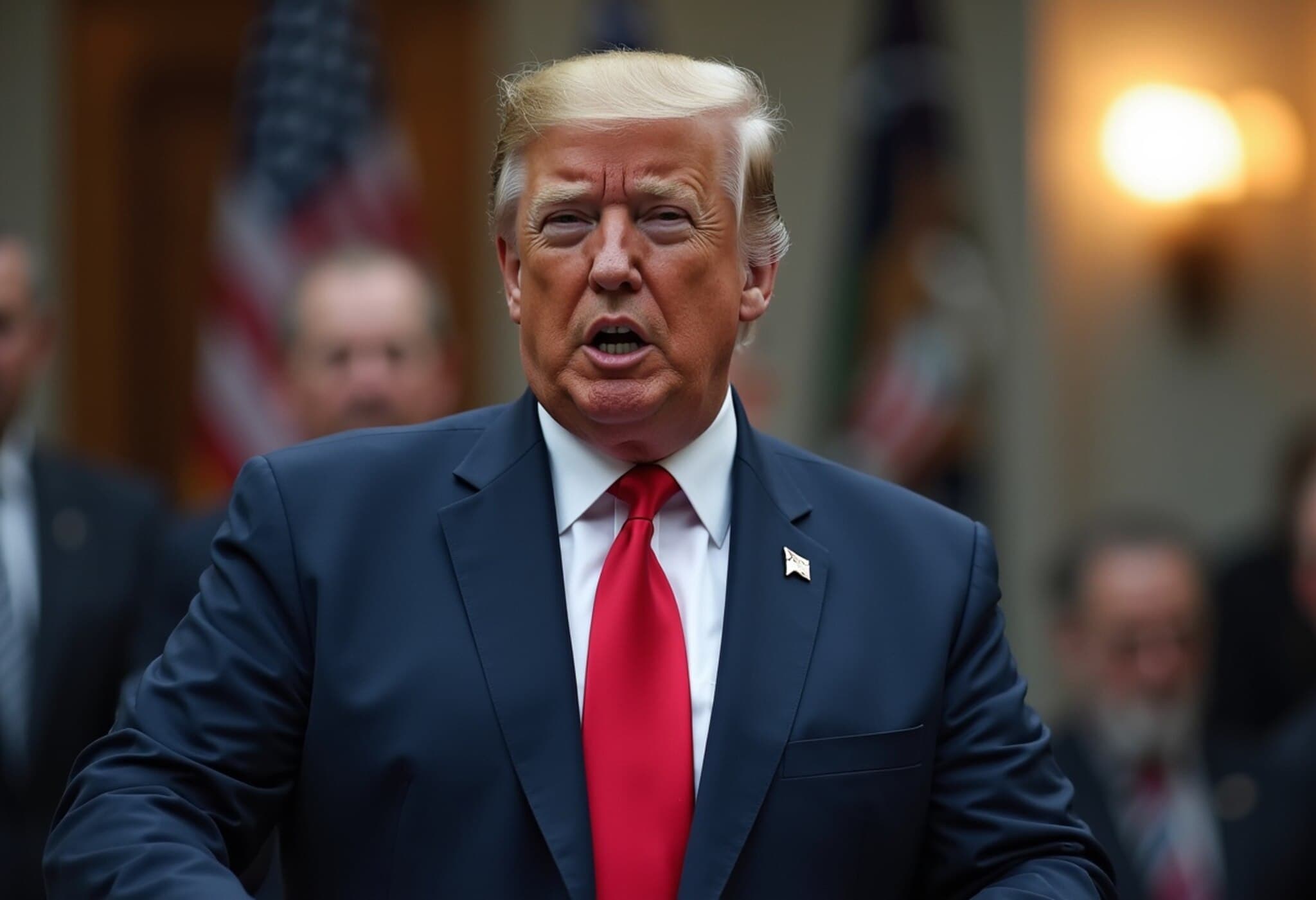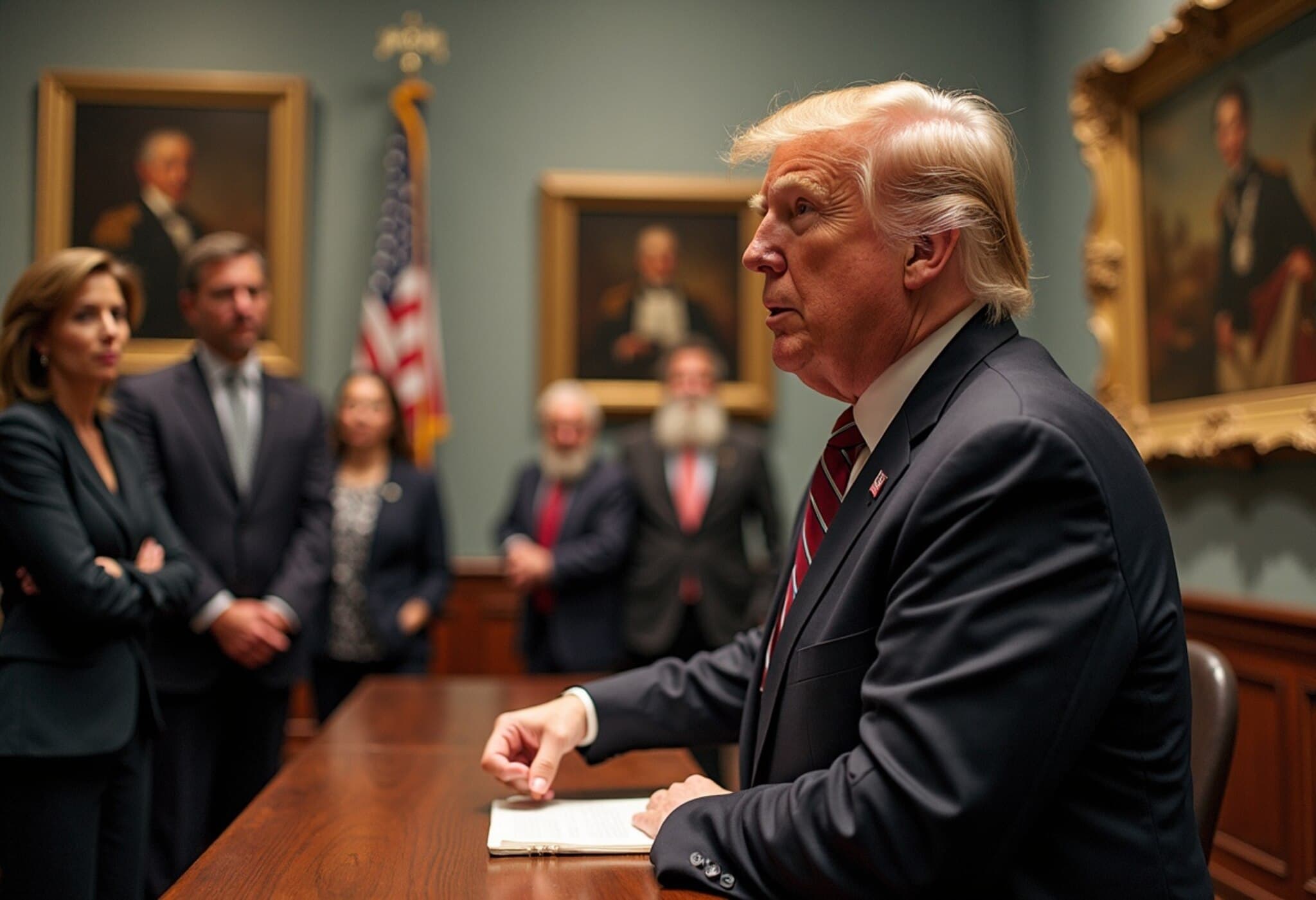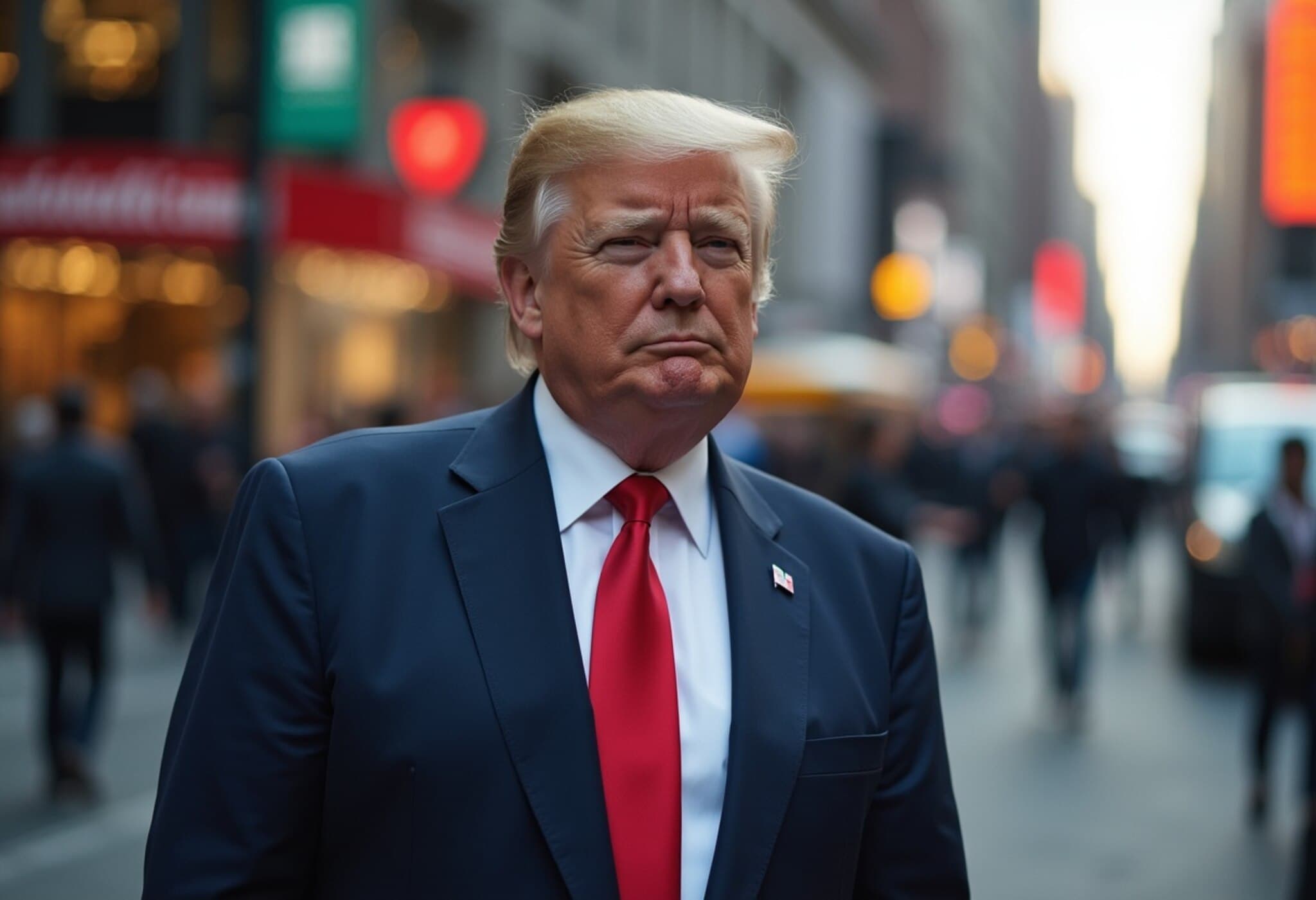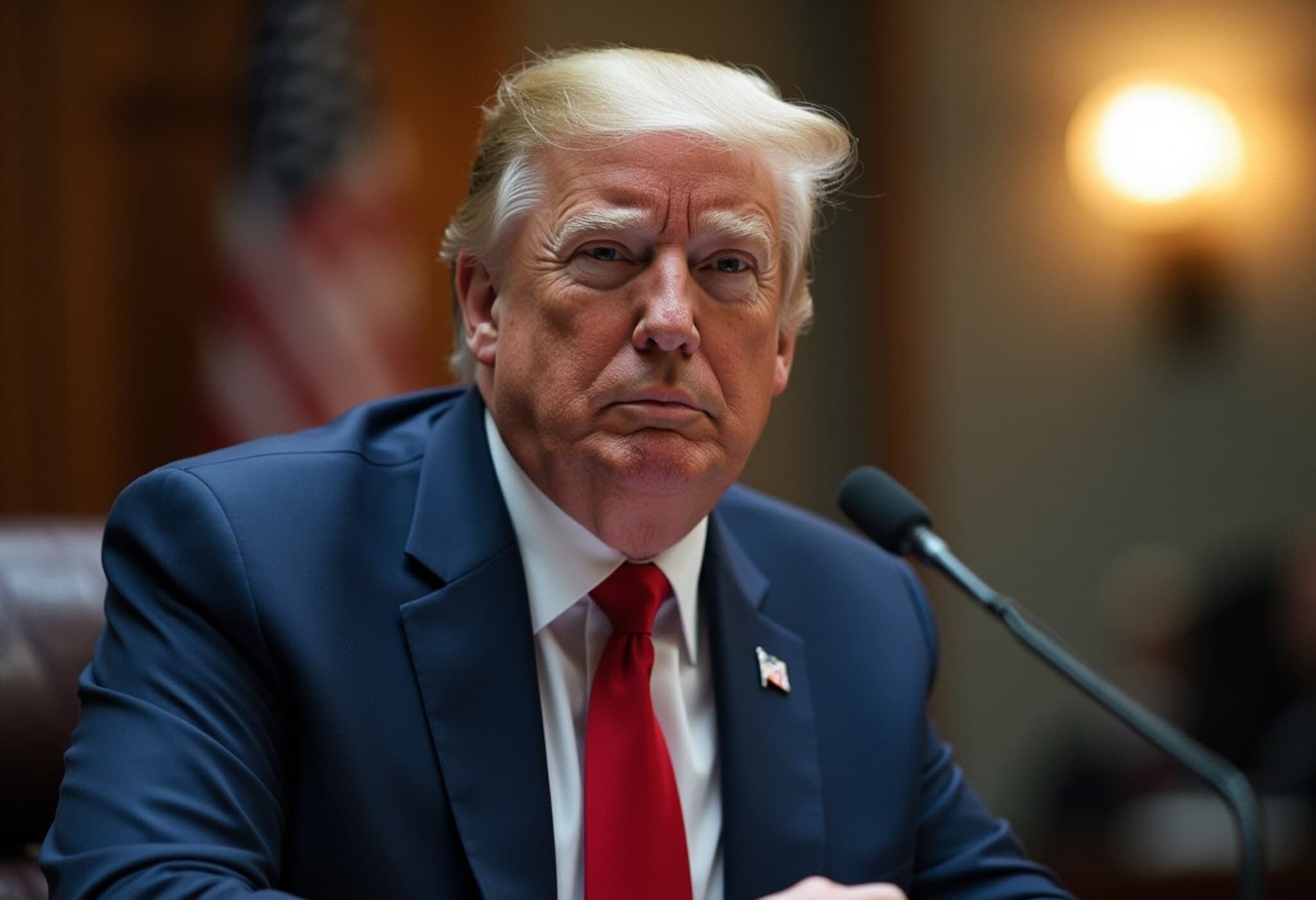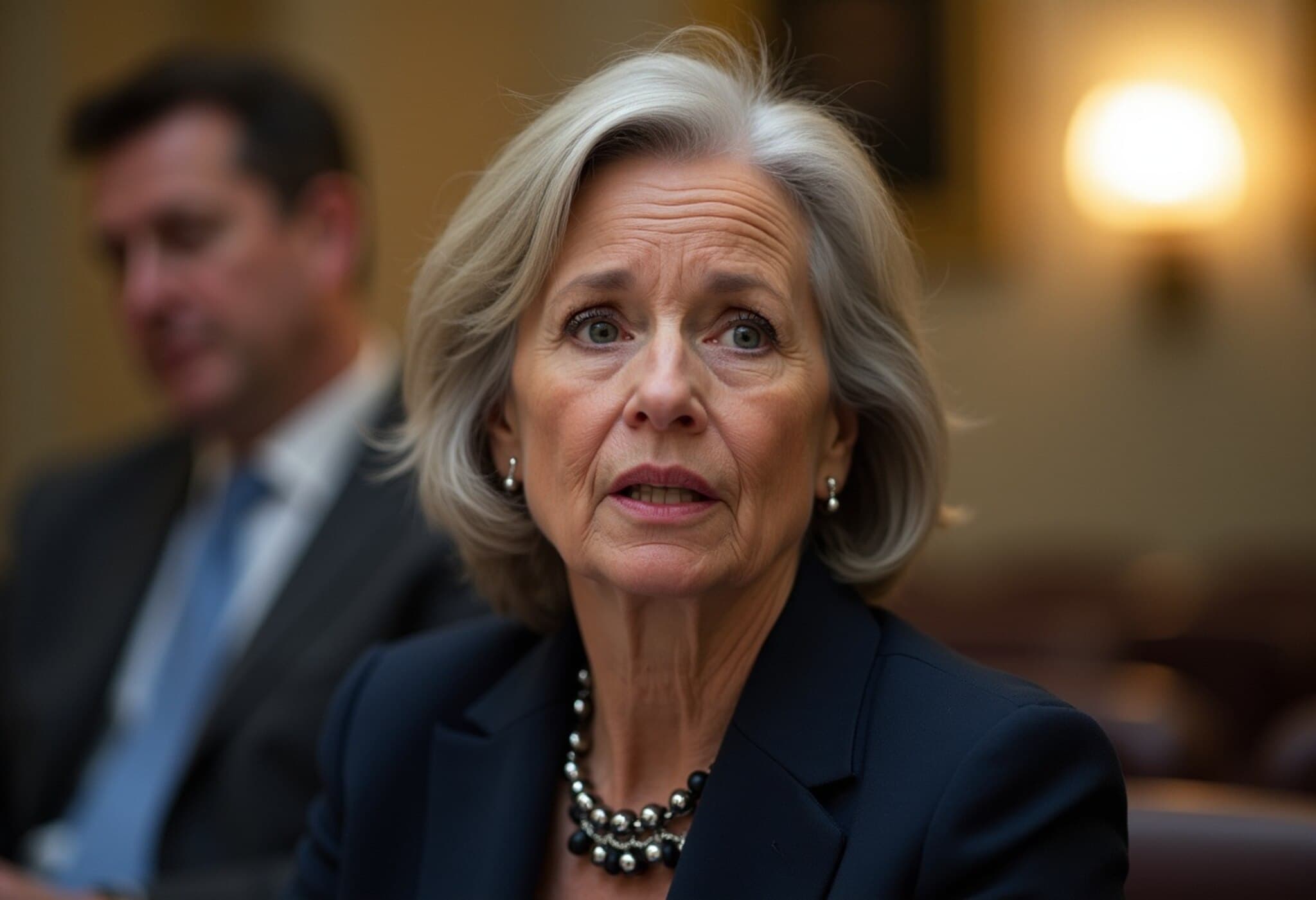Trump Reverses Biden-Era Competition Directive
In a significant policy pivot, former US President Donald Trump officially revoked the Biden administration’s 2021 executive order aimed at fostering economic competition in the United States. This move, confirmed by the White House on August 14, 2025, reflects a shift in federal regulatory priorities and has sparked debates about the future of consumer protections and antitrust enforcement in America.
Understanding the Original Biden Order
President Joe Biden’s Executive Order 14036, signed on July 9, 2021, sought to curb what were labeled as unfair corporate practices across various sectors—from soaring airline fees to large mergers that potentially stifle competition and inflate prices for everyday consumers. The order was a cornerstone of Biden’s economic policy agenda, backed strongly by progressive voices such as Senator Elizabeth Warren, who has been instrumental in advancing consumer rights and antitrust enforcement, including the establishment of the Consumer Financial Protection Bureau (CFPB).
The CFPB’s mission has been to shield Americans from exploitative practices by banks, lenders, and credit firms, ensuring fair treatment in financial dealings. Encouraged by the Biden order, federal agencies began intensifying scrutiny of mergers and corporate behavior, aiming to lower hidden consumer costs and promote market fairness.
The Revocation and Its Implications
Trump’s revocation clarifies that while Biden’s directive is withdrawn, existing federal agency legal powers remain intact, and any implementation will align with applicable laws and budget constraints. However, the decision openly signals a reduction in aggressive federal intervention aimed at tightening corporate oversight.
The Department of Justice (DOJ) under Trump applauded the rollback, framing it as a return to an "America First Antitrust" philosophy focused on encouraging free markets without imposing what it described as Biden-era burdensome regulations. The DOJ suggested plans to streamline merger reviews under the Hart-Scott-Rodino Act and reinstate targeted consent decrees—mechanisms to curb anti-competitive practices without lengthy litigation.
Controversy: Balancing Competition and Corporate Freedom
Critics warn that this deregulatory step may undercut protections for small businesses and consumers. Hannah Garden-Monheit, who was Biden’s competition policy director, sharply criticized the move, accusing Trump of prioritizing the interests of powerful corporations at the expense of Main Street and workers. “This reversal undermines the very essence of economic fairness and signals a retreat from enforcing competition laws that protect everyday Americans,” she said.
What Does This Mean for Consumers and the Economy?
- Consumer costs: Without stringent oversight, fees and prices could rise unchecked, particularly in sectors with few competitors.
- Market consolidation: Easier mergers may fuel monopolistic dynamics, reducing choices for consumers and small businesses.
- Regulatory clarity: Simplified merger reviews might cut bureaucratic delays but risk insufficient scrutiny of anti-competitive risks.
Expert Insights: A Broader Context
Trump’s rollback should be viewed within a larger American political tug-of-war over the role of government in economic regulation. Historically, antitrust enforcement ebbs and flows with administrations’ philosophies—shifting between robust intervention to promote competition and laissez-faire approaches favoring corporate latitude.
From an economic perspective, the challenge lies in balancing innovation and growth with equitable market access. Overly restrictive policies can hamper business dynamism, but lax enforcement may embolden market abuses harming consumers and supply chain resilience.
In policy circles, this reversal reignites the debate: How aggressively should the federal government police competition in an era marked by rising corporate giants, digital platform dominance, and complex financial instruments?
Conclusion
Trump’s revocation of Biden’s competition order marks a pivotal moment in US economic policy, reopening dialogue about how best to safeguard consumer interests and a level playing field. With growing concerns around market concentration and corporate influence, future administrations will need to carefully weigh regulatory tools against economic freedoms to ensure a thriving, fair marketplace.
Editor’s Note
This shift not only reflects competing visions of federal economic stewardship but also raises pressing questions for American consumers and businesses alike: Will deregulation lead to short-term gains for corporations at the cost of long-term consumer welfare? How can policymakers strike the right balance to promote innovation while preventing monopolistic dominance? As the economic environment evolves, staying informed about these regulatory changes will be key to understanding their real-world impact.

